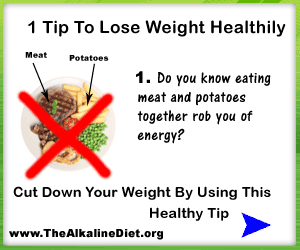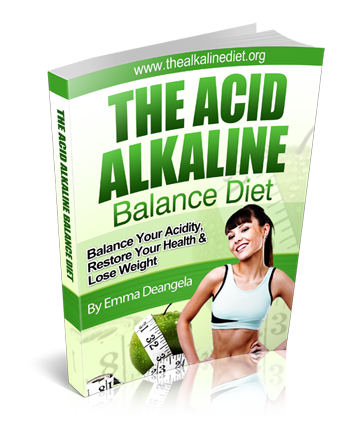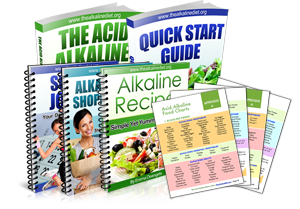Foods That Can Save Your Heart
October 27, 2015
Foodviki
Tweet
Follow
Tweet


Foodviki
TweetFollowTweet




Eating
for a healthy heart means filling your plate with fruits and vegetables, paying
attention to fiber, eating fish a couple times a week and limiting unhealthy
fats like saturated and Trans fats, as well as salt. To boost your heart
health, start by changing what’s on your plate.
Sweet Potatoes
Swap
white potatoes for sweet potatoes. With a low glycemic index, these spuds won't
cause a quick spike in blood sugar. They also have fiber, vitamin A, and
lycopene.
Bananas
One
banana has 422 mg, about 12 percent of your recommended daily dose, of
potassium. The potassium in bananas helps maintain normal heart function and
the balance of sodium and water in the body.
Potassium
helps the kidneys excrete excess sodium, thereby contributing to healthy blood
pressure. This mineral is especially important for people taking diuretics for
heart disease, which combat sodium and water retention but also strip potassium
from the body in the process.
Oranges
Sweet
and juicy, oranges have the cholesterol-fighting fiber pectin. They also have
potassium, which helps control blood pressure. In one study, 2 cups of OJ a day
boosted blood vessel health. It also lowered blood pressure in men. A medium
orange has about 62 calories and 3 grams of fiber.
Whole Grains
People
who eat plenty of whole grains tend to be leaner and have a lower risk of heart
disease than those who don’t. This is probably because whole grains contain
antioxidants, phytoestrogens and phytosterols that are protective against
coronary disease.
Barley
Try
this nutty whole grain in place of rice. You can also simmer barley into soups
and stews. The fiber in barley can help lower cholesterol levels. It may lower
blood sugar levels, too.
Beans
Eating
beans regularly is good for your heart, and you don’t need to eat a lot of them
to benefit produces changes in short-chain fatty acids that can inhibit
cholesterol formation.Other
components in beans also may be responsible for the cholesterol-lowering
effect.
Beans contain a variety of heart-protective chemicals, including
flavonoids, compounds also found in wine, berries and chocolate that inhibit
the adhesion of platelets in the blood, which can help lower risk for heart
attack and strokes.
Almonds
Slivered
almonds go well with vegetables, fish, chicken, and desserts. They have plant
sterols, fiber, and heart-healthy fats. Almonds may help lower "bad"
LDL cholesterol. Grab a small handful a day.
Tomatoes
An
excellent source of vitamin C, plus vitamin A, potassium and fiber, tomatoes
are high in lycopene, which works with other vitamins and minerals to aid in
disease prevention.
Cooking
may actually increase the health benefits of this lush fruit because although
cooked tomatoes have less vitamin C, their lycopene is more available and
antioxidant activity is undiminished by cooking.
Extra Virgin Olive Oil
This
oil, made from the first press of olives, is especially rich in antioxidants
called polyphenols, which can help protect your blood vessels. It’s also a good
source of mono unsaturated fats, which are a better choice than saturated fats
(such as butter) for your cholesterol.
Chocolate
Researchers
have discovered that eating moderate amounts of flavanol-rich dark chocolate
has a blood-thinning effect, which can benefit cardiovascular health, and it
may also boost the immune system by reducing inflammation. Be sure to choose dark
chocolate, ideally one that’s 70 percent cocoa solids, milk chocolate lacks
significant levels of epicatechin.























0 comments